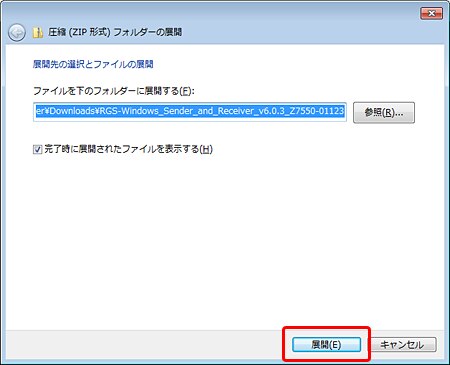An rgreceiver file extension is related to the HP Remote Graphics Receiver software.
Bookmark & share this page with others:

Hp Remote Graphics Software Receiver Download
RGRECEIVER file extension- HP Remote Graphics Receiver data
The Software Stack HP Remote Graphics Software is composed of several software layers and various modules that manage the traffic to the receiver. The primary layer is a platform independent module that interacts with the various graphics libraries, depending upon the sender’s host operating system (32-bit or 64-bit Linux or Microsoft Windows). Remote Graphics Software RGS - how to switch display from dual monitor sender 12:52 AM. HP RGS 7.3.2.11099.
What is rgreceiver file? How to open rgreceiver files?
The rgreceiver file extension is associated with the Remote Graphics Receiver a software developed by Hewlett Packard for Microsoft Windows operating system.
The rgreceiver file stores some kind of data used by HP Remote Graphics Receiver.
This rgreceiver file type entry was marked as obsolete and no longer supported file format.
This type of file is no longer actively used and is most likely obsolete. This is typically the case for system files in old operating systems, file types from long discontinued software, or previous versions of certain file types (like documents, projects etc.) that were replaced in higher versions of their original programs.
Hp Remote Graphics Software Receiver
Help how to open:
This file type is not meant to be opened directly, there is no software that could open and work with it directly, or there is no information available in public sources about opening this file type. This is usually the case of some internal data files, caches, temporary files etc.
How to convert:
Hp Remote Graphics Software (receiver Only)-mac
As far as we know, this .rgreceiver file type can't be converted to any other file format. This is usually the case of system, configuration, temporary, or data files containing data exclusive to only one software and used for its own purposes. Also some proprietary or closed file formats cannot be converted to more common file types in order to protect the intellectual property of the developer, which is for example the case of some DRM-protected multimedia files.